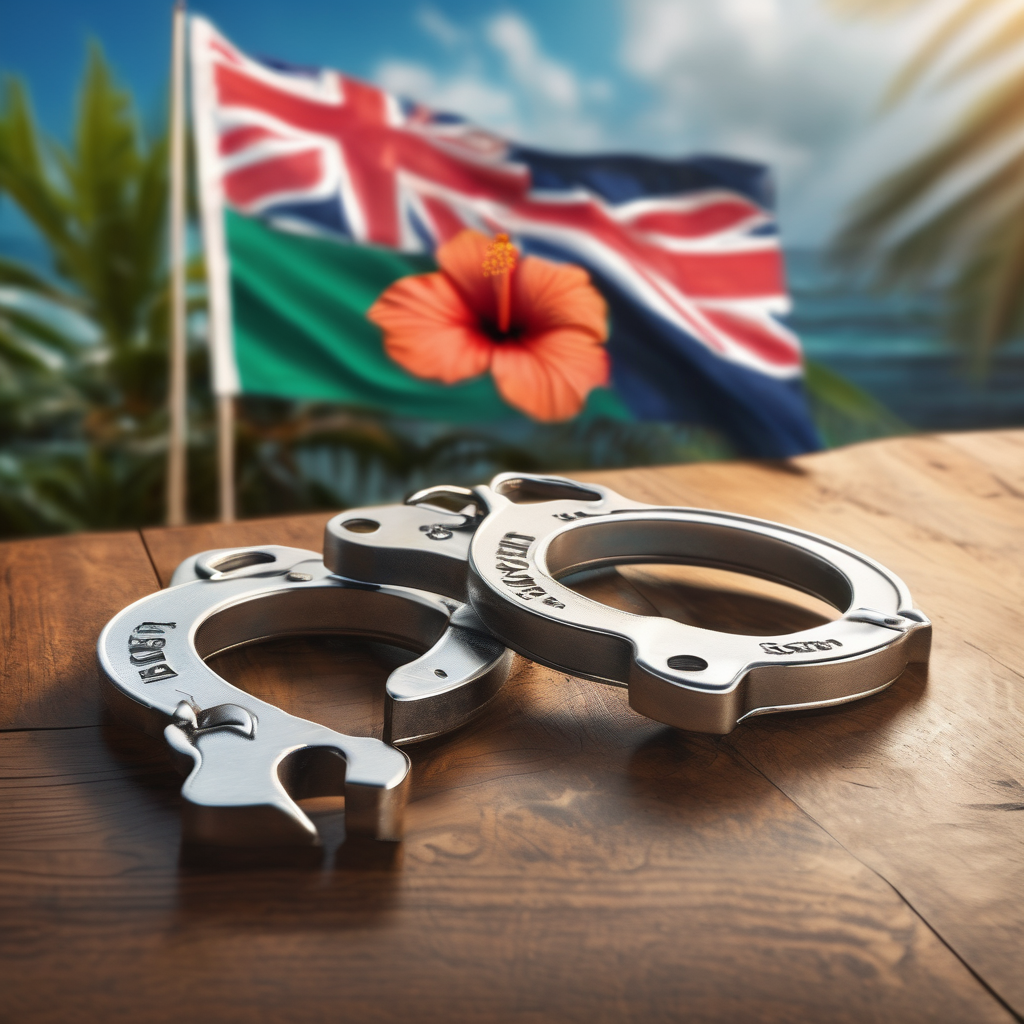The Fiji Correction Services is undergoing a significant transformation by prioritizing rehabilitation and reintegration over traditional incarceration methods. Justice Minister Siromi Turaga recently addressed Parliament, noting a troubling trend: the demographic of offenders is becoming younger and increasingly burdened by drug abuse and mental health issues, presenting complex needs for rehabilitation. This shift coincides with the Correction Services’ 150-year anniversary, during which they have reaffirmed their commitment to evolving Fiji’s justice system.
Turaga detailed the enhancement of rehabilitation programs aimed at equipping inmates with education, vocational skills, and psychological support to facilitate a smooth transition back into society. He stressed the importance of collaboration with government entities, non-governmental organizations, and community groups, stating, “Reintegration, however, is the greatest test. It calls for partnerships to help ex-offenders reintegrate into society with dignity.”
In a progressive move, the upcoming Criminal Records Bill is expected to aid eligible former inmates in their reintegration efforts, particularly enabling them to travel abroad after serving lengthy sentences. This legislative review aligns with ongoing initiatives designed to support individuals reshaping their lives post-incarceration, echoing sentiments from past discussions emphasizing the urgent need for systemic reforms to assist those with historical criminal records.
However, not all voices were optimistic. Opposition MP Premila Kumar raised critical concerns regarding the internal functioning of correctional facilities, citing issues such as nepotism, abuse of authority, and potential misuse of the Fiji Correction Services Welfare and Sports Fund. Kumar emphasized that these systemic problems must be addressed to create a fair and efficient workforce within correctional facilities.
The challenges faced by the Fiji Correction Services resonate with ongoing reform efforts highlighted in recent initiatives such as the FCS Strategic Development Plan for 2025–2029, which aims to modernize and enhance rehabilitation frameworks across the correctional system. By drawing on both local and international partnerships, the FCS seeks to integrate digital innovation and best practices into their rehabilitation programs, thereby improving efficacy and inmate outcomes.
The anticipation surrounding legislative proposals and the continued push for reform represents a hopeful vision for the future of Fiji’s correctional landscape. With concerted efforts toward modernization and community involvement, there is optimism that these changes will not only enhance public safety but also support individuals on their journey toward rehabilitation and reintegration.
